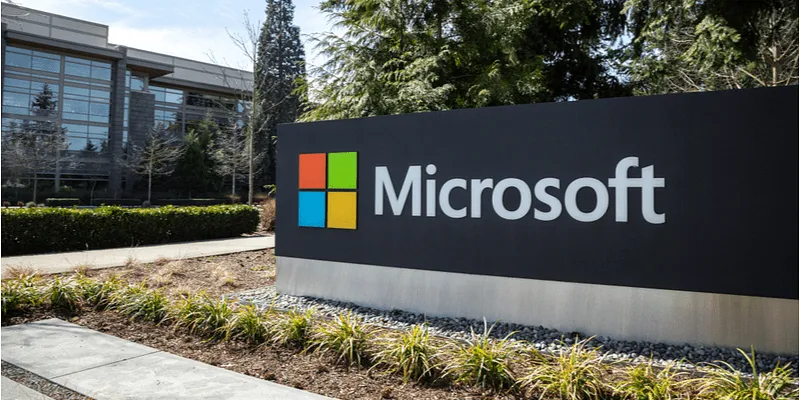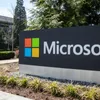Microsoft Corp to acquire Nuance Communications for $19.7B
The acquisition of Nuance will double Microsoft's total addressable market in the healthcare space to nearly $500 billion, Microsoft added.
Microsoft Corp said it will acquire Nuance Communications in a $19.7 billion deal — a move that will double Microsoft's total addressable market (TAM) in the healthcare provider space to nearly $500 billion.
Microsoft will acquire Nuance for $56.00 per share, implying a 23 percent premium to the closing price of Nuance on April 9 in an all-cash transaction, valued at $ 19.7 billion, inclusive of Nuance's net debt, a statement said.
Mark Benjamin will remain the CEO of Nuance, reporting to Scott Guthrie, Executive Vice President of Cloud and AI at Microsoft.
The transaction is intended to close this calendar year.
Nuance provides conversational AI and cloud-based ambient clinical intelligence for healthcare providers. Its solutions are used by over 55 percent of physicians and 75 percent of radiologists in the US and used in 77 percent of US hospitals. Nuance's Healthcare Cloud revenue experienced 37 percent year-over-year growth in its fiscal year ended September 2020.
In India, Nuance has offices in Bengaluru and Pune. Globally, it has over 8,500 employees but details of its headcount in India was not available.

"Microsoft's acquisition of Nuance builds upon the successful existing partnership between the companies that was announced in 2019. By augmenting the Microsoft Cloud for healthcare with Nuance's solutions, as well as the benefit of Nuance's expertise and relationships with EHR systems providers, Microsoft will be better able to empower healthcare providers through the power of ambient clinical intelligence and other Microsoft cloud services," the statement said.
Nuance and Microsoft will deepen their existing commitments to the extended partner ecosystem, as well as the highest standards of data privacy, security, and compliance, it said.
"Nuance provides the AI layer at the healthcare point of delivery and is a pioneer in the real-world application of enterprise AI. AI is technology's most important priority, and healthcare is its most urgent application," Microsoft CEO Satya Nadella said.
He added that together, with its partner ecosystem, the company will put advanced AI solutions into the hands of professionals everywhere to drive better decision-making and create more meaningful connections as it accelerates the growth of Microsoft Cloud in healthcare and Nuance.
Beyond healthcare, Nuance provides AI expertise and customer engagement solutions across Interactive Voice Response (IVR), virtual assistants, and digital and biometric solutions to companies around the world across all industries.
This expertise will come together with the breadth and depth of Microsoft's cloud, including Azure, Teams, and Dynamics 365, to deliver next-generation customer engagement and security solutions.
"Over the past three years, Nuance has streamlined its portfolio to focus on the healthcare and enterprise AI segments, where there has been accelerated demand for advanced conversational AI and ambient solutions, Nuance CEO Mark Benjamin said.
This combination offers a critical opportunity to deliver a meaningful and certain value to shareholders who have driven and supported the company on this journey, he added.
The transaction has been unanimously approved by the Boards of Directors of both Nuance and Microsoft. The deal is intended to close by the end of this calendar year and is subject to approval by Nuance's shareholders, the satisfaction of certain regulatory approvals, and other customary closing conditions.
Upon closing, Microsoft expects Nuance's financials to be reported as part of Microsoft's Intelligent Cloud segment. It expects the acquisition to be minimally dilutive (less than one percent) in the fiscal year 2022, and to be accretive in the fiscal year 2023 to non-GAAP earnings per share, based on the expected close timeframe.
Edited by Suman Singh









